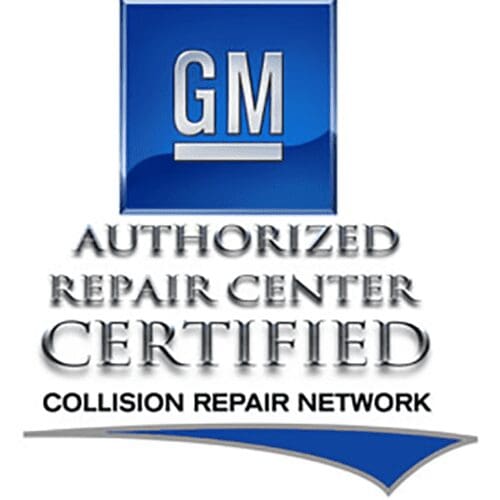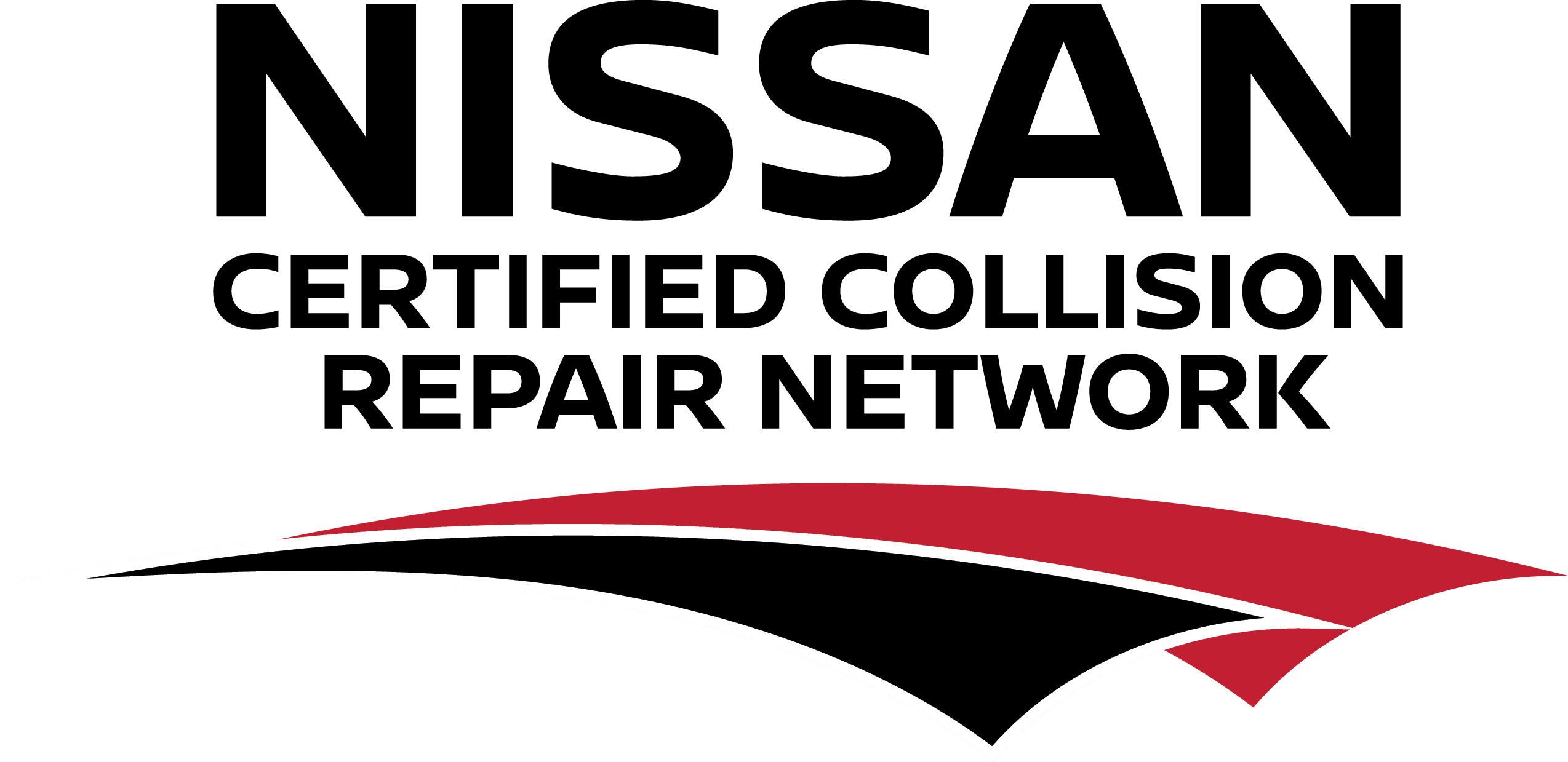Protect Your Car from Salt Damage: The Risks of Road Salt to Your Vehicle
Why is Road Salt Harmful to Your Vehicle?
Road salt is used extensively during the winter months to melt ice and snow on roadways, making driving safer. However, this common de-icing method can have detrimental effects on vehicles. The corrosive nature of road salt, often in the form of sodium chloride or rock salt, can lead to rust and corrosion on the metal surfaces of your car.
One of the primary ways road salt causes damage to cars is through accelerating the oxidation process, leading to rust formation. This can impact various components of your vehicle, including the undercarriage, brake system, and even the paint job.
To prevent salt damage, it’s essential to understand how road salt interacts with your vehicle and take proactive steps to protect it from these corrosive effects.
How does road salt cause damage to cars?
Road salt can cause damage to cars by accelerating the oxidation process, leading to the formation of rust on metal surfaces. The presence of salt and water creates an electrolytic solution that speeds up corrosion, compromising the structural integrity of your vehicle.
As salt residue accumulates on your car, especially in areas like the undercarriage, it can eat away at the metal over time. This process can weaken components such as brake lines and exhaust systems, increasing the risk of mechanical failures and safety hazards.
Regular exposure to road salt can result in costly repairs and decreased resale value of your vehicle due to the visible damage caused by corrosion.
How can road salt damage the undercarriage of your car?
Road salt is particularly harmful to the undercarriage of your car as this area is in direct contact with the salt-laden slush created on roadways. The undercarriage is more vulnerable to salt damage due to its proximity to the ground and exposure to corrosive substances.
When road salt accumulates in the undercarriage, it can seep into crevices and joints, leading to corrosion of metal components. Over time, this can weaken the structural integrity of the undercarriage, posing safety risks and potentially costly repairs.
To protect the undercarriage from salt damage, regular cleaning and applying protective coatings can help mitigate the harmful effects of road salt exposure.
What parts of your car are most susceptible to salt damage?
Several parts of your car are highly susceptible to salt damage, with the undercarriage being one of the most vulnerable areas. Other components such as the brake system, exhaust system, and metal body panels are also at risk of corrosion due to road salt exposure.
The brake system, in particular, is critical for vehicle safety and can be compromised by salt-induced corrosion. Brake lines and calipers are exposed to salt splashes while driving, increasing the likelihood of deterioration over time.
Regular inspections of these key components and proactive maintenance measures are essential to prevent extensive salt damage and ensure the longevity of your vehicle.
How to Prevent Damage from Road Salt
Protecting your car from salt damage requires proactive measures to shield your vehicle from the corrosive effects of road salt during the winter season. Taking precautions before winter sets in can help safeguard your car and prevent costly repairs.
One crucial step is to wash your car regularly, especially the undercarriage, to remove salt residue and prevent corrosion. Washing your vehicle frequently during the winter months can help dislodge salt deposits and inhibit the oxidation process that leads to rust formation.
Additionally, applying protective coatings to vulnerable areas of your car, such as the brake system, can create a barrier against salt-induced corrosion. Routine maintenance checks and prompt repairs are essential to address any signs of salt damage before they escalate.
What precautions should you take before winter?
Before winter arrives, it’s important to take precautions to protect your car from salt damage. Inspecting the undercarriage for any existing rust or damage and addressing it beforehand can prevent further deterioration during the winter months.
Applying a rust inhibitor or protective wax to vulnerable metal surfaces can help create a barrier against salt corrosion. Checking and replacing worn-out weather seals and mud flaps can also prevent salt-laden slush from accumulating in critical areas of your vehicle.
By preparing your car adequately for winter road conditions, you can minimize the risks of salt damage and ensure that your vehicle remains in optimal condition throughout the season.
How often should you wash your vehicle during the winter months?
During the winter months, it’s recommended to wash your vehicle regularly to remove salt residue and prevent corrosion. Ideally, washing your car every 1-2 weeks, focusing on the undercarriage and wheel wells, can help mitigate the effects of road salt exposure.
After particularly harsh weather or when roads have been heavily treated with salt, consider washing your car more frequently to prevent salt buildup. Using a high-pressure hose or car wash designed to remove salt residues effectively can help protect your car from damage.
Ensuring thorough cleaning of all exterior surfaces, including door jambs and underbody components, is essential to eliminate salt particles that can lead to rust and corrosion over time.
How can you prevent salt damage to your car’s brake system?
Protecting your car’s brake system from salt damage is crucial for maintaining safe driving conditions. To prevent corrosion and wear on brake components, consider applying a protective silicone spray to exposed parts such as calipers and rotors.
Regularly inspecting the brake system for signs of salt-induced corrosion, including rust or discoloration, can help detect issues early on. Promptly addressing any brake concerns and following manufacturer recommendations for maintenance can extend the lifespan of your braking system.
Furthermore, avoiding driving through deep puddles or slush filled with road salt can help reduce exposure of the brake system to corrosive substances, preserving its functionality and safety performance.
What other measures can help guard against road salt?
In addition to washing your car regularly and applying protective coatings, there are other measures you can take to guard against road salt and minimize its impact on your vehicle. Parking your car in a garage or covered area whenever possible can shield it from direct exposure to salt-laden road spray.
Using mud flaps and splash guards can help deflect salt and debris away from vulnerable areas of your car, reducing the risk of corrosion. In snowy or icy conditions, driving strategically to avoid heavily salted roads and rinsing your car after exposure to salt can further protect your vehicle.
By combining these preventive measures and staying vigilant about salt damage, you can effectively safeguard your car from the harmful effects of road salt and preserve its longevity and resale value. And as always, when you need help with your vehicle, Graham Collision is here to help.















